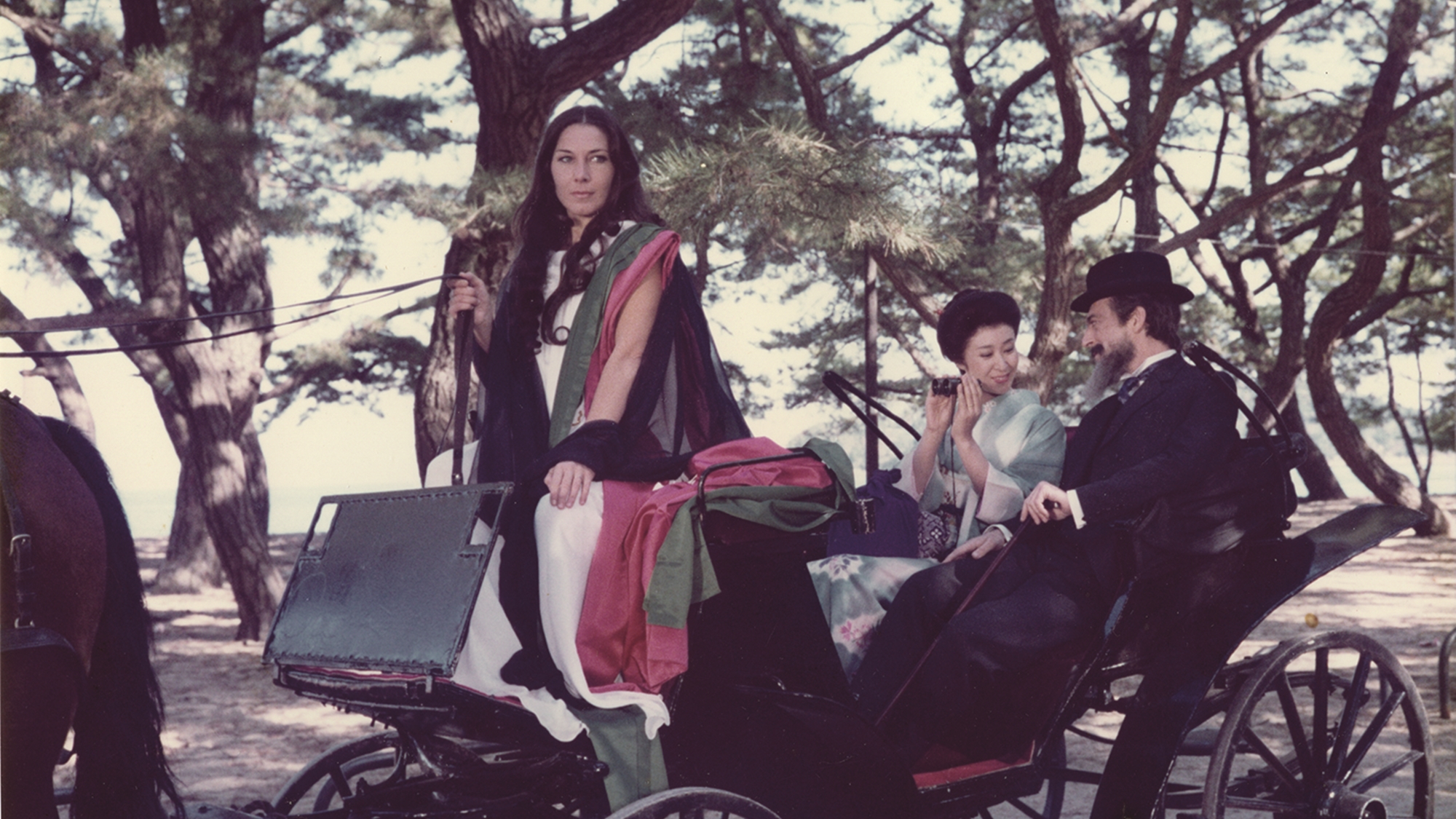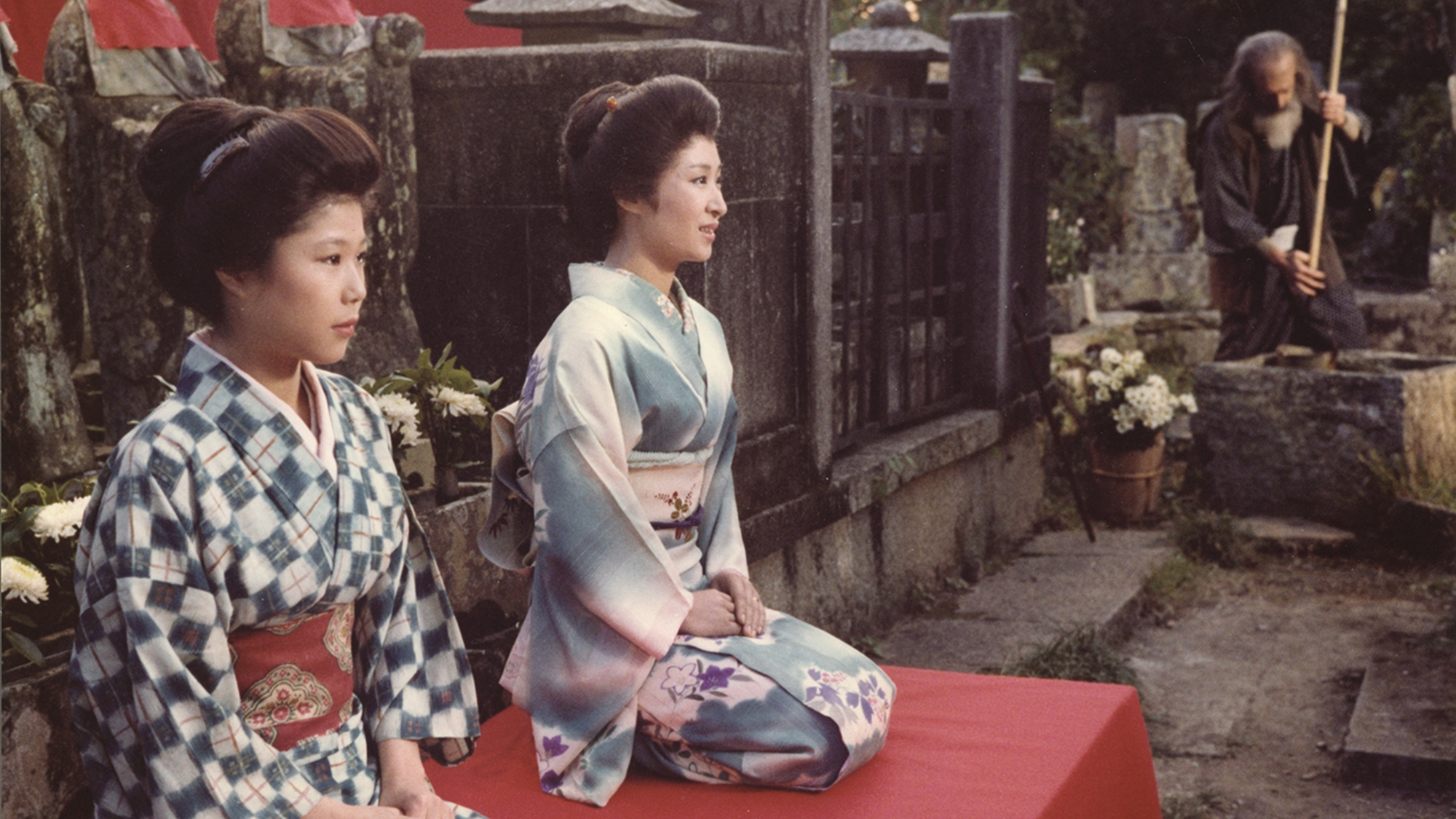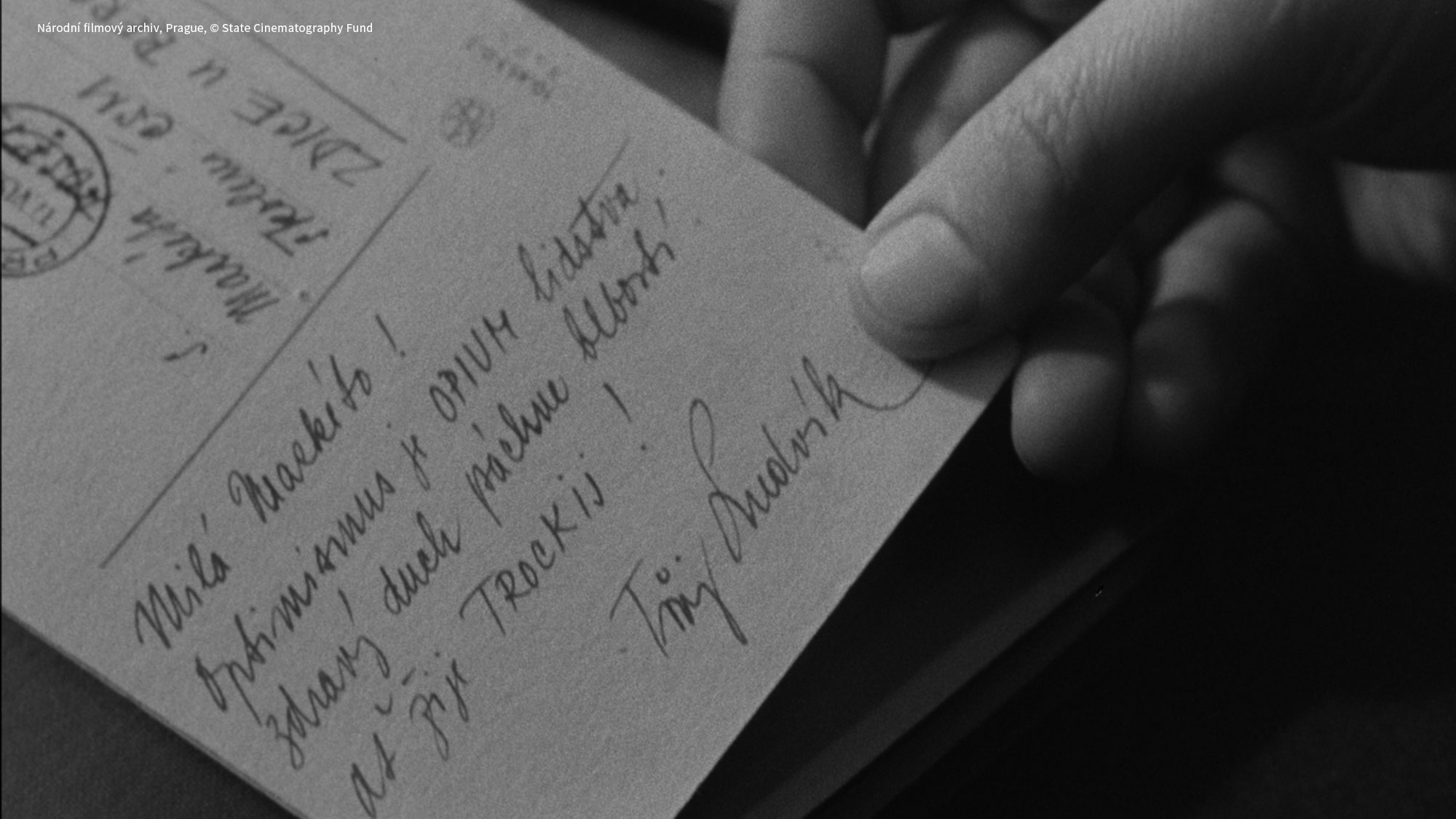Jeonju Office
(54999) 2F, Jeonju Cine Complex, 22, Jeonjugaeksa 3-gil, Wansan-gu, Jeonju-si, Jeollabuk-do, Republic of Korea
T. + (0)63 288 5433 F. +82 (0)63 288 5411
Seoul Office
(04031) 4F, 16, Yanghwa-ro 15-gil, Mapo-gu, Seoul, Republic of Korea
T. +82 (0)2 2285 0562 F. +82 (0)2 2285 0560
Jeonju Cine Complex
(54999) 22, Jeonjugaeksa 3-gil, Wansan-gu, Jeonju-si, Jeollabuk-do, Republic of Korea
T. +82 (0)63 231 3377















.jpg)







